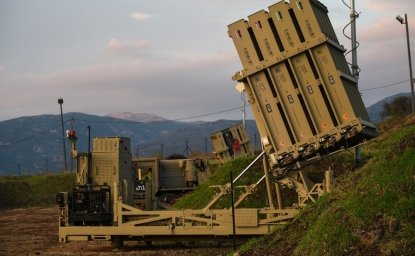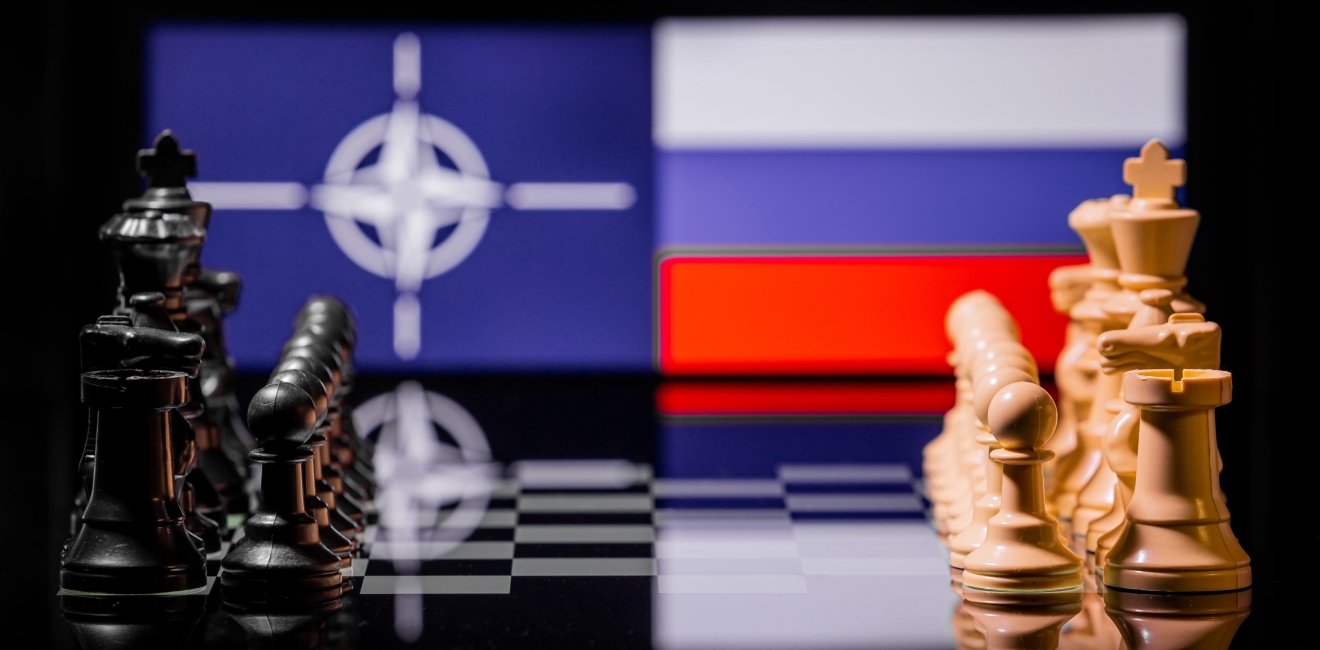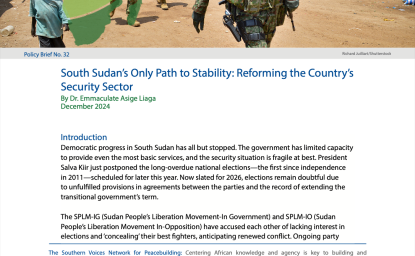The Russian government had a relatively muted reaction to the recent NATO summit Washington, DC. The government spokesman said that NATO is an “alliance created in confrontation,” which is essentially true in that it was founded at the beginning of the Cold War. He also claimed that NATO was created “with the aim to continue confrontation,” which is manifestly untrue, as a quick perusal of the history of the NATO-Russia Council would demonstrate.
The concrete response Russia promised was to “counteract” any new NATO infrastructure in Europe. Meaning that Russia will ramp up production of medium-range missiles, the kind used to hit the pediatric hospital in Kyiv right before the summit. These missiles can be nuclear armed and were of the sort once controlled by the now-defunct IMF treaty.
But in truth, Russia has very limited options when it comes to openly responding to NATO policies. In fact, it has only one, as amply demonstrated by the latest Russian reaction: directly or indirectly threaten the use of nuclear weapons. That tactic has had limited but important success during Russia’s war of aggression in Ukraine. It played a key role in limiting the weapon platforms delivered to Ukraine, the timing of supply, and restrictions on how supplied weapons were to be used.
Over two years of war in Ukraine have amply demonstrated that Russian conventional arms are overmatched by NATO systems…or, for that matter, Ukrainian manufactured sea drones. Russia’s advantage lay in supply and willingness to strike non-military targets. It has had its greatest success in destroying hospitals, apartment buildings, power stations, and other civilian targets. But that type of success won’t knock Ukraine out of the war, and instead bolsters the Ukrainian people’s will to fight.
The consequences of Russia’s prosecution of the war extend beyond the conflict zone itself. Consider the Russian version of NATO, called the CSTO (Collective Security Treaty Organization). It is comprised of 6 former Soviet states: Armenia, Belarus, Kazakhstan, Kyrgyzstan, Russia, and Tajikistan. That is, it was comprised of 6 states. Armenia declared in June that it would withdraw after Russia failed to come to its defense in its conflict with Azerbaijan over Nagorno-Karabakh—a failure stemming in part from Russia’s total commitment to its war in Ukraine.
What remains to be seen is whether Russian threats of nuclear escalation will continue to work against Ukraine’s allies. The effectiveness of Russian threats has been diminishing, as more advanced weapons and more permissive terms are provided to Ukraine over time in response to Russian escalations and wanton targeting of civilian objects.
In terms of how the war is playing on the global stage, over half the world by GDP has denounced Russia, and over half the world by population has not denounced Russia. China, India, and much of the Global South refuse to join Western powers in openly opposing the Russian government’s launch and conduct of the war.
“Not denouncing” is not the same as supporting, however. Russia has those allies that it can buy or rent with supply of cheap energy, resources, or weapons. Some nations sympathize with Russia and China’s resistance to the Western-led economic order. Some nations are led by autocrats that admire the Putin model and view any Russian success as vindication of their own tyranny. Some nations profit by helping Russia evade sanctions. None stand with Russia on principle.
Author


Global Europe Program
The Global Europe Program is focused on Europe’s capabilities, and how it engages on critical global issues. We investigate European approaches to critical global issues. We examine Europe’s relations with Russia and Eurasia, China and the Indo-Pacific, the Middle East and Africa. Our initiatives include “Ukraine in Europe”—an examination of what it will take to make Ukraine’s European future a reality. But we also examine the role of NATO, the European Union and the OSCE, Europe’s energy security, transatlantic trade disputes, and challenges to democracy. The Global Europe Program’s staff, scholars-in-residence, and Global Fellows participate in seminars, policy study groups, and international conferences to provide analytical recommendations to policy makers and the media. Read more


Kennan Institute
The Kennan Institute is the premier US center for advanced research on Eurasia and the oldest and largest regional program at the Woodrow Wilson International Center for Scholars. The Kennan Institute is committed to improving American understanding of Russia, Ukraine, Central Asia, the South Caucasus, and the surrounding region though research and exchange. Read more

Explore More
Browse Insights & Analysis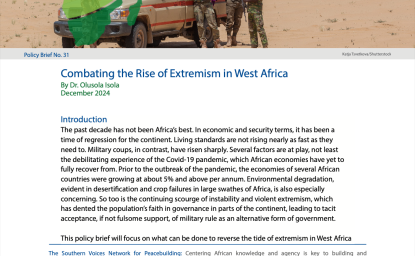
Combating the Rise of Extremism in West Africa
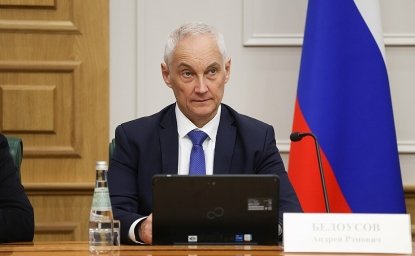
This Is How Words Create War
